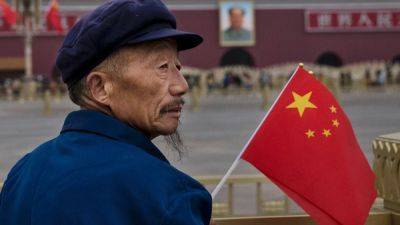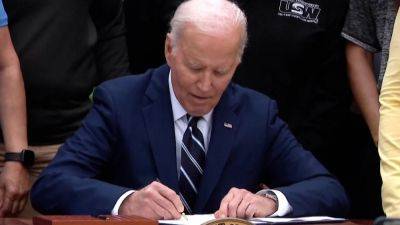Seeking an alternative to China’s pressure-cooker schools, families move to Thailand
CHIANG MAI, Thailand (AP) — The competition started in second grade for DJ Wang’s son.
Eight-year-old William was enrolled at a top elementary school in Wuhan, a provincial capital in central China. While kindergarten and first grade were relatively carefree, the homework assignments started piling up in second grade.
By third grade, his son was regularly finishing his day around midnight.
“You went from traveling lightly to carrying a very heavy burden,” Wang said. “That sudden switch, it was very hard to bear.”
Wang, who traveled often to Chiang Mai in northern Thailand for his job in tourism, decided to make a switch, moving his family to the city that sits at the base of mountains.
The family is among a wave of Chinese flocking to Thailand for its quality international schools and more relaxed lifestyle. While there are no records tracking how many are moving abroad for education, they join other Chinese expats leaving the country, from wealthy entrepreneurs moving to Japan to protect their wealth, to activists unhappy with the political system, to young people who want to opt out of China’s ultra-competitive work culture, at least for a while.
___
EDITOR’S NOTE: This story is part of the China’s New Migrants package, a look by The Associated Press at the lives of the latest wave of Chinese emigrants to settle overseas.
___
Jenson Zhang, who runs an education consultancy, Vision Education, for Chinese parents looking to move to Southeast Asia, said many middle-class families choose Thailand because schools are cheaper than private schools in cities like Beijing and Shanghai.
“Southeast Asia, it’s within reach, the visa is convenient and the overall environment, as well as people’s attitude towards Chinese people, it







